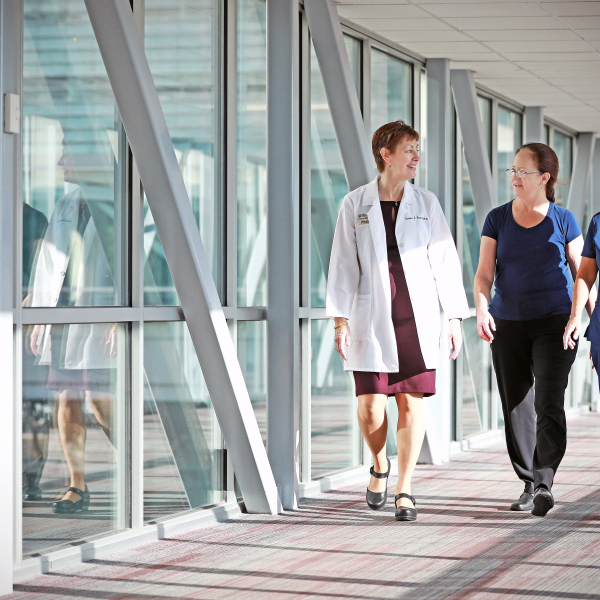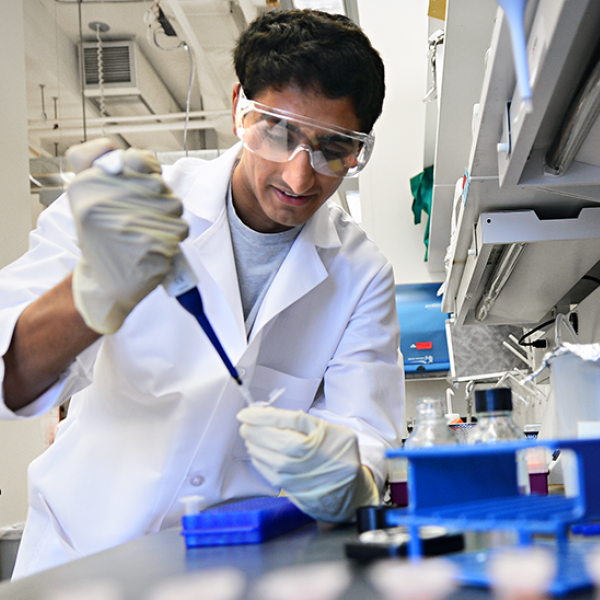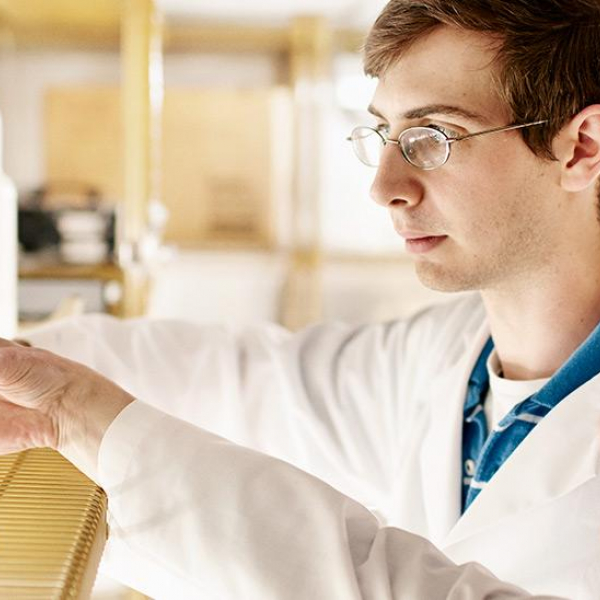As you begin your search for a post-baccalaureate pre-medical program, it’s important to consider what factors will determine your best fit. Here, we discuss a number of factors that both students and advisors at WashU have found to be helpful.
1. Flexibility
Normally, when deciding on a post-baccalaureate pre-medical (PBPM) program, you will need to choose between what are called “career changer programs” and “enhancer programs.” The former are programs designed for students who want to make a career change to medicine and who still need to take prerequisite science classes. Enhancer programs, on the other hand, are for students who have all their prerequisites, but want to take higher-level science classes to improve their undergraduate GPA.
But what if you want the flexibility to take both prereqs and upper-level classes? At WashU, more than 50% of PBPM students do exactly that. According to Shawn Cummings, assistant dean of advising, WashU students can take a “blended curriculum,” allowing them to mix and match prereqs with upper-level classes.
“If you have only some of your prereqs done, we're fine with that. If you want to repeat some of the prereqs that you have done, we're fine with that. And if you have a good number of the prereqs done, that means there are going to be gaps in your schedule that we can fill with some upper-level classes, so that you can do strong work in molecular biology, cancer biology, human disease courses, anatomy, and physiology. We tailor the course plan to the student’s individual needs, and that's generally rare among post bacc programs.” —Shawn Cummings, assistant dean of advising
For students who need more or less than the standard two years to complete the PBPM program, WashU also accommodates a flexible course timeline. For Dylan Bush, a student who recently completed the program, this meant that he could pursue his post bacc for one and a half years, and then do community work in the Solomon Islands for his Fulbright. “That wouldn't have been possible at some of these other prospects where you have to be there for two years,” he said. “Had that been the situation, I would have had to choose between either doing the post bacc or doing my Fulbright.”
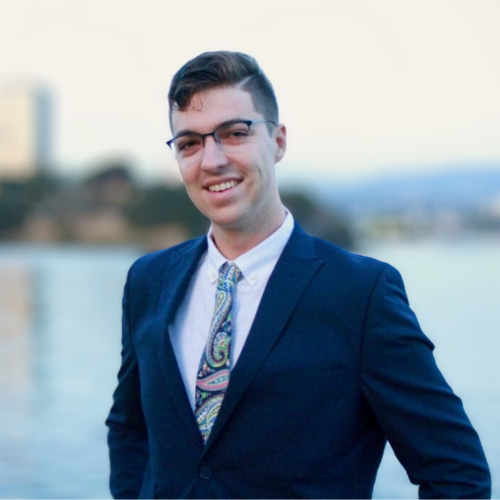
The Warren Alpert Medical School of Brown University
2. Clinical Experience
A flexible class schedule is also crucial if you are hoping to take on clinical and research positions. Outside of PBPM programs, it can be hard to find classes that do not take place during the day, making it difficult for students to gain clinical experience while pursuing their studies.
Fortunately, classes in WashU’s PBPM program take place in the evening, allowing students the opportunity to pursue clinical work during the day. As an advisor for the program, Cummings helps students find opportunities for research and interaction with patients.
“There’s plenty of opportunities at the WashU medical school,” Cummings said. “If you look at the job listings for WashU, one of the dominant roles is ‘clinical research coordinator,’ which is what many of these students take on.” Beyond clinical research, students will often volunteer at local hospitals like Barnes-Jewish Hospital and clinics like the Institute For Family Medicine, which supports underserved populations.
Bush found that working as an EMT during his post bacc program became an asset during his medical school interviews. Having this job in St. Louis, where paramedics and advanced practice first responders are in high demand, was especially valuable: “If you're an EMT in St. Louis, your scope of practice is a bit broader than it would be if you were in say, New York or California,” he said. “You get to do a lot of things that you wouldn't normally get to do; I saw patients all the way from stroke patients to trauma patients.”
3. Mentorship
An important benefit to taking classes in a post baccalaureate pre med program is that they are specifically designed for students interested in pursuing a career in medicine. Not only are you surrounded by students following a similar path, but you can also access a variety of important resources to help you along that path.
“In WashU’s program, the Writing Center is available for students to develop their personal statement and their essays for professional school,” Cummings said. “The Career Center is available for practicing for an interview. But advising is really the core resource of the program.”
As soon as accepted students commit to WashU, they are paired with an advisor who helps them customize a plan for their time in the program, including what classes they will take and any clinical experiences they would like to pursue. As they progress through the program, they continue to meet with their advisor, receiving updated guidance as their needs change.
For some students, this advice becomes critical to their success and helps them gain admission to medical schools they hadn’t previously considered. “Our advice is not generic,” Cummings said. “We have enough experience to advise for different medical schools, podiatry, physical therapy, dental, and physician assistant programs.”
4. Class Size
If you are looking to develop quality relationships with professors, class size can be an important factor to consider. For Bush, WashU’s small courses — fewer than 30 students — became a crucial part of the medical school application process.
“Almost every professor… mentioned at the beginning of the course that they'd be happy to write letters of rec for us. The small class size and the familiarity that we had with our professors at WashU allowed me to really get to know them, and for them to write what I think were probably great letters of rec.”
—Dylan Bush, The Warren Alpert Medical School of Brown University
WashU’s small class sizes also allowed Bush to develop supportive relationships with his classmates, a contrast to the competitive atmosphere he’d previously experienced in larger classes. “Both professors and fellow students were really interested in supporting each other, and I made some great friends while I was there,” he said. “It just seemed like a really supportive environment.”
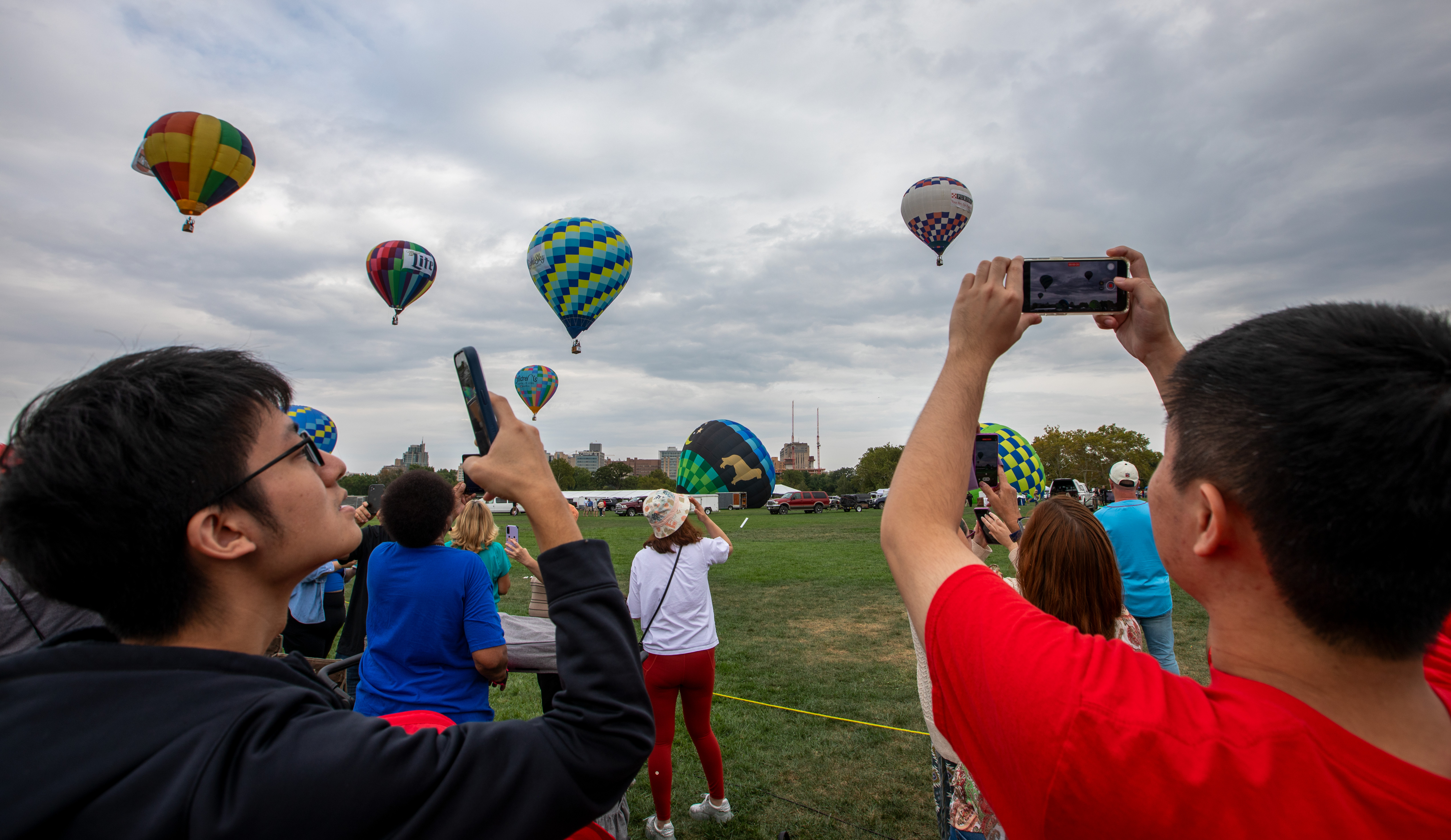
5. Location
Of course, there is much more to picking a post baccalaureate pre med program than just academic benefits. Outside of studying and clinical experiences, you’ll want to enjoy a comfortable living situation with opportunities to explore your passions and interests outside of work. For that reason, it is important to consider what it would be like to live in the location of the program you attend.
“I absolutely loved St. Louis,” Bush said. “It's so affordable compared to California and New York.” Beyond a low cost of living, Bush also enjoyed the parks and cultural events in St. Louis. “I lived a 10-minute walk from Forest Park, and I loved going there with my dog,” he said. “There's always events going on, like music, or different activities. Tower Grove Park also has a wonderful farmer's market that I went to a lot.”
Coming from larger cities, Bush was surprised by the lack of traffic and the ease of getting around St. Louis. He was also impressed by its diversity.
“What a lot of people don't know from outside St. Louis is that it's actually a really diverse city,” he said. “There's great opportunities to interact with diverse people, not only in your everyday life, but certainly as an EMT. I got to work with people that sometimes were non-English speaking, and sometimes came from lower socioeconomic backgrounds, sometimes came from really high socioeconomic backgrounds. I think that was a really valuable experience.”
6. Affordability
Pursuing medicine is expensive enough; You don’t want to spend more than you need to on a PBPM program. That’s why, at WashU, advisors like Cummings work to make sure that students are spending their money on a program that gets them to their goals in an affordable way. “If we're not the right fit, we don't want to sell you courses that won’t get you where you want to go,” Cummings said.
Students in the program at WashU may be eligible for federal financial aid of up to $12,500 per academic year. To help with the remaining cost of attendance, a PBPM WashU loan is also available. This, in addition to the low cost of living in St. Louis, makes WashU an unusually affordable option.
“If you're looking at different post bacc programs, you'd be hard pressed to find a program as affordable as the WashU program, with as many resources. There's far more programs with fewer resources that cost more money. … And not only that, but at WashU, you’re at a university with one of the best medical schools in the country. …I think that you really need to look at what you're getting for the money that you're putting in.” —Dylan Bush, The Warren Alpert Medical School of Brown University
About the Post-Baccalaureate Premedical Program at WashU
The Post-Bacc Pre-med program allows students with a bachelor’s degree to either obtain their pre-health prerequisite course work or enhance their current science record to make themselves more competitive for medical school admissions. This well-rounded program not only helps you fulfill admission requirements, but it's tailored to your needs with a robust offering of courses; clinical and nonclinical volunteer opportunities; research opportunities; MCAT preparation; advising; and a supportive, active community that shares the same goals.

